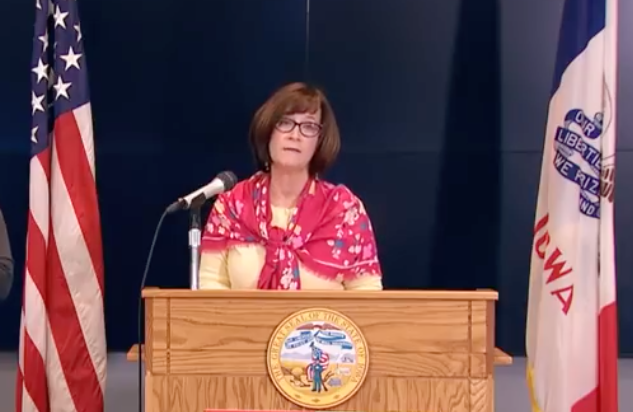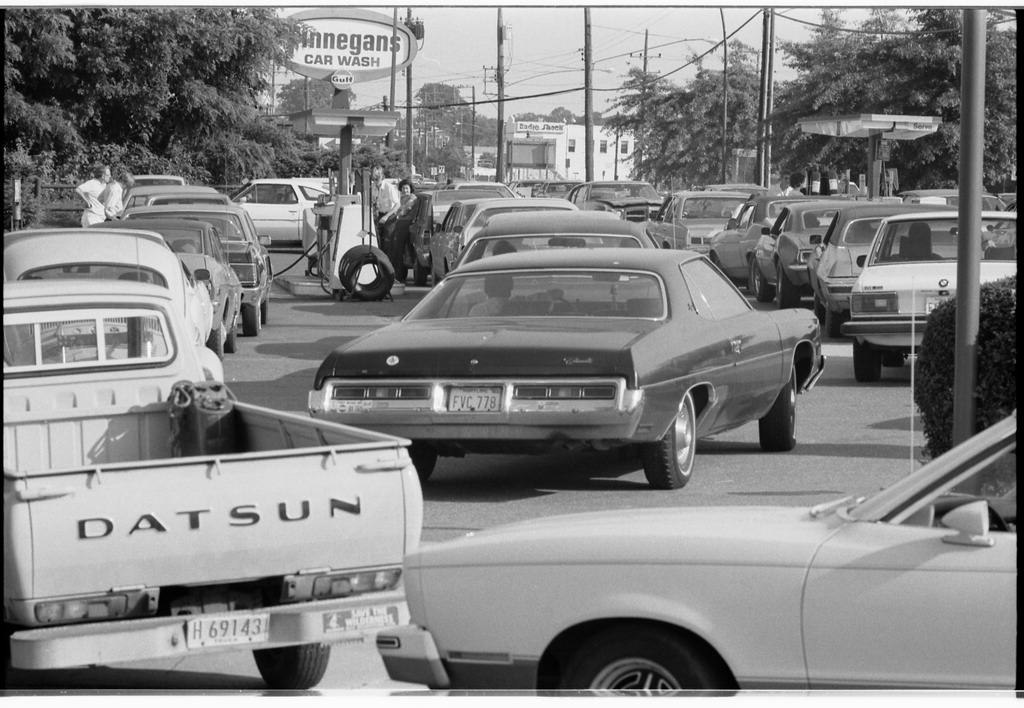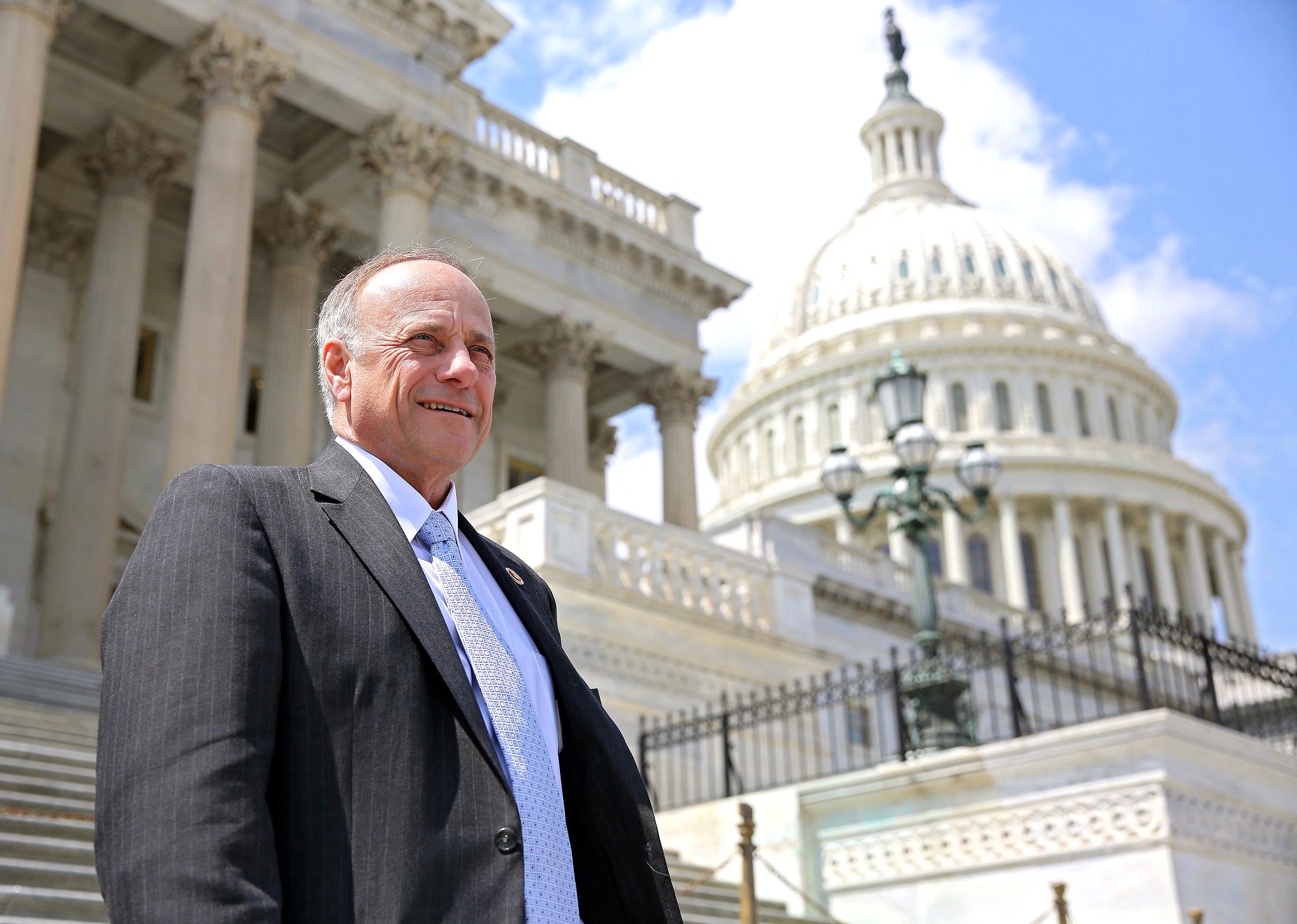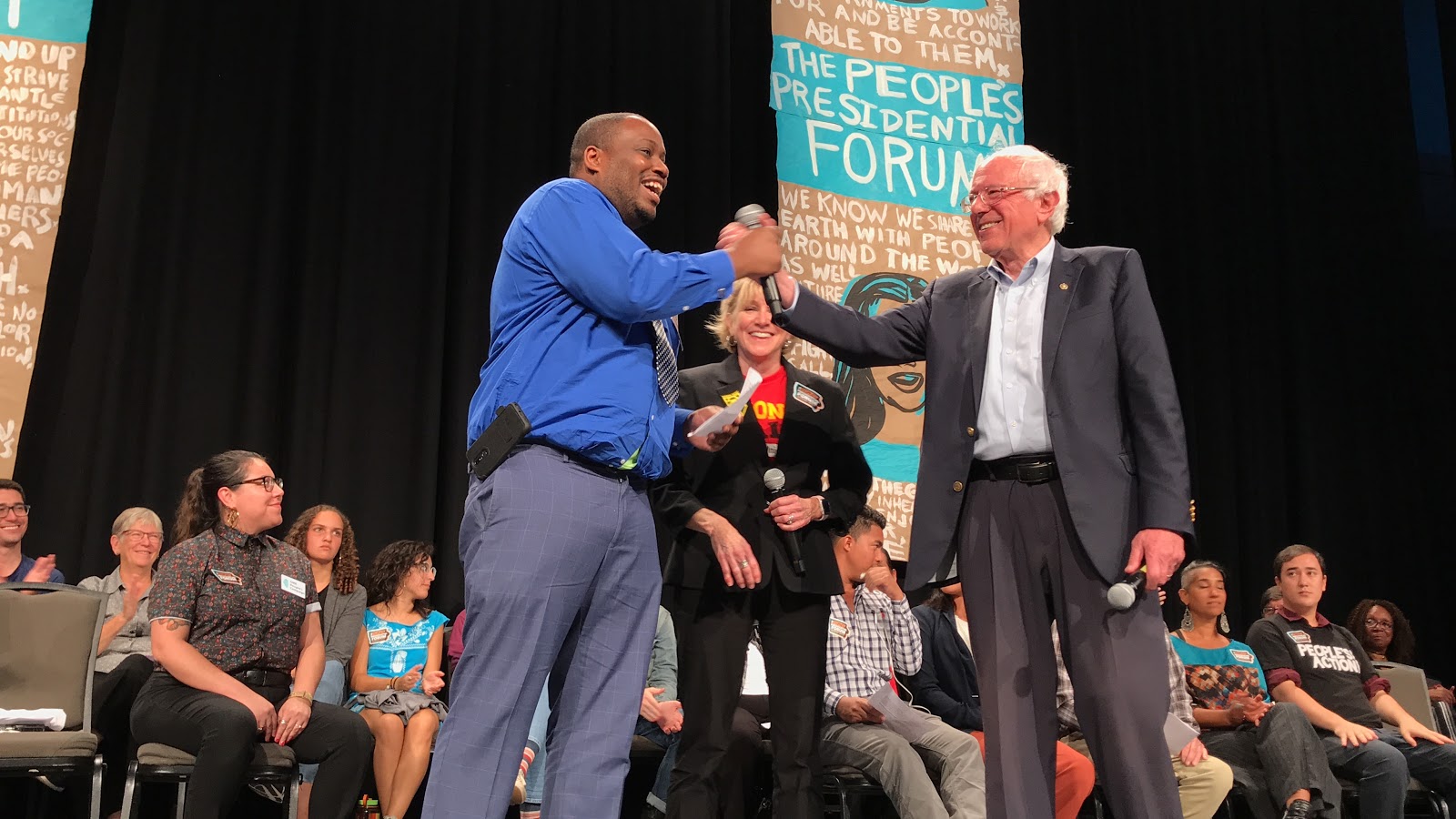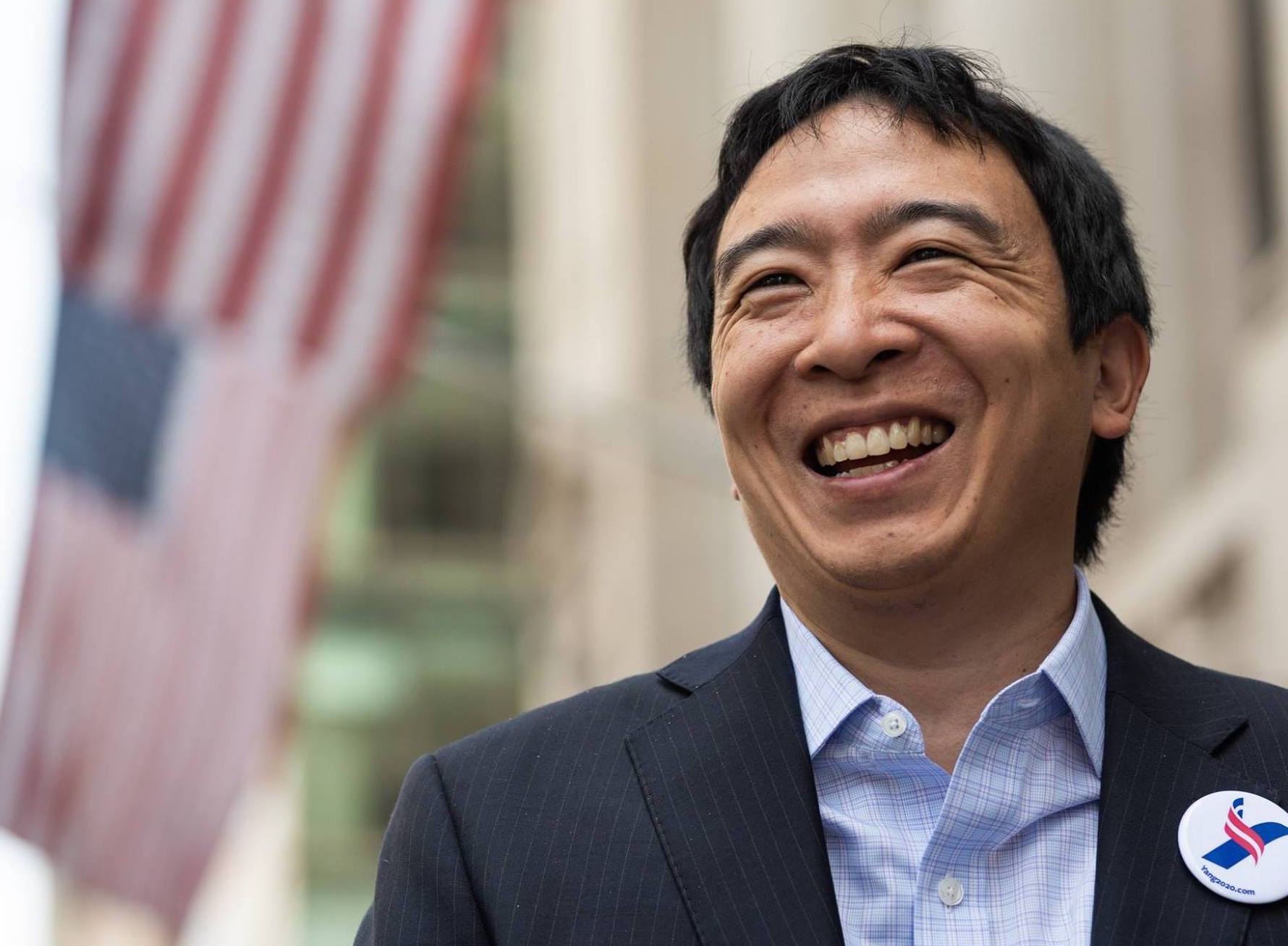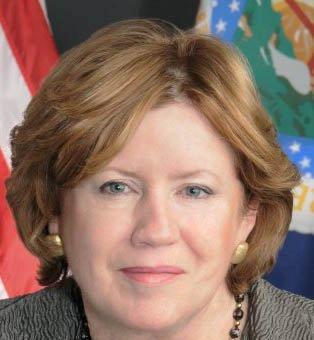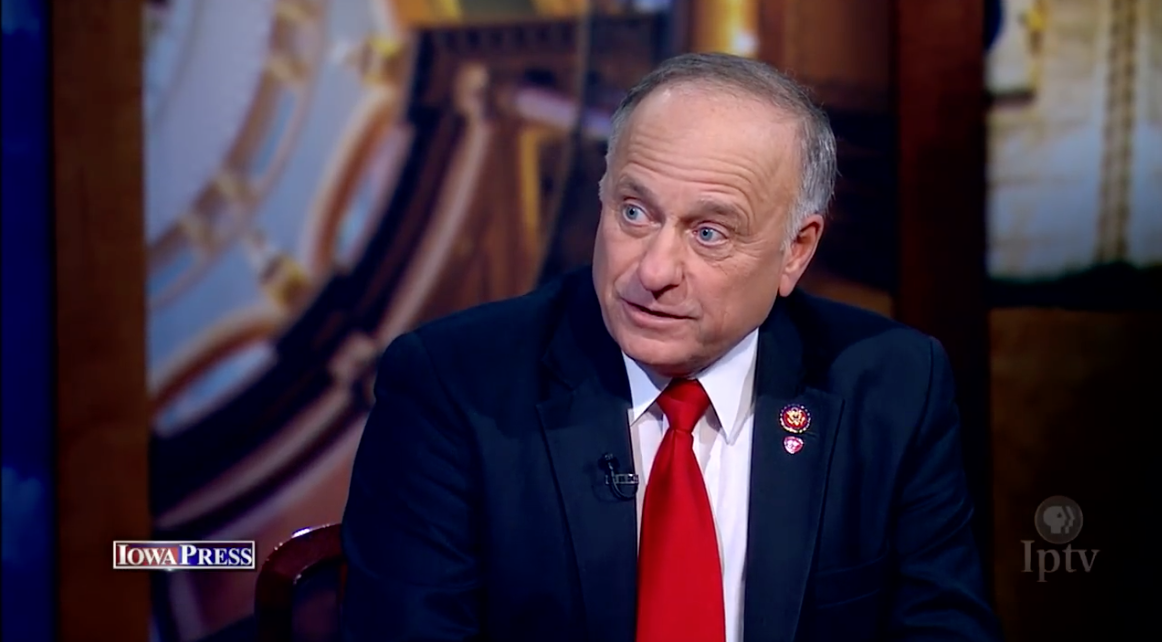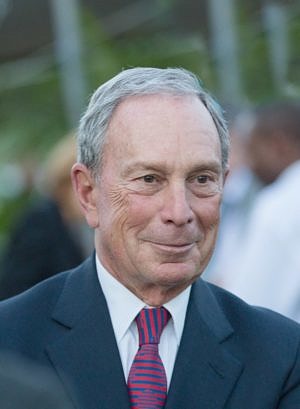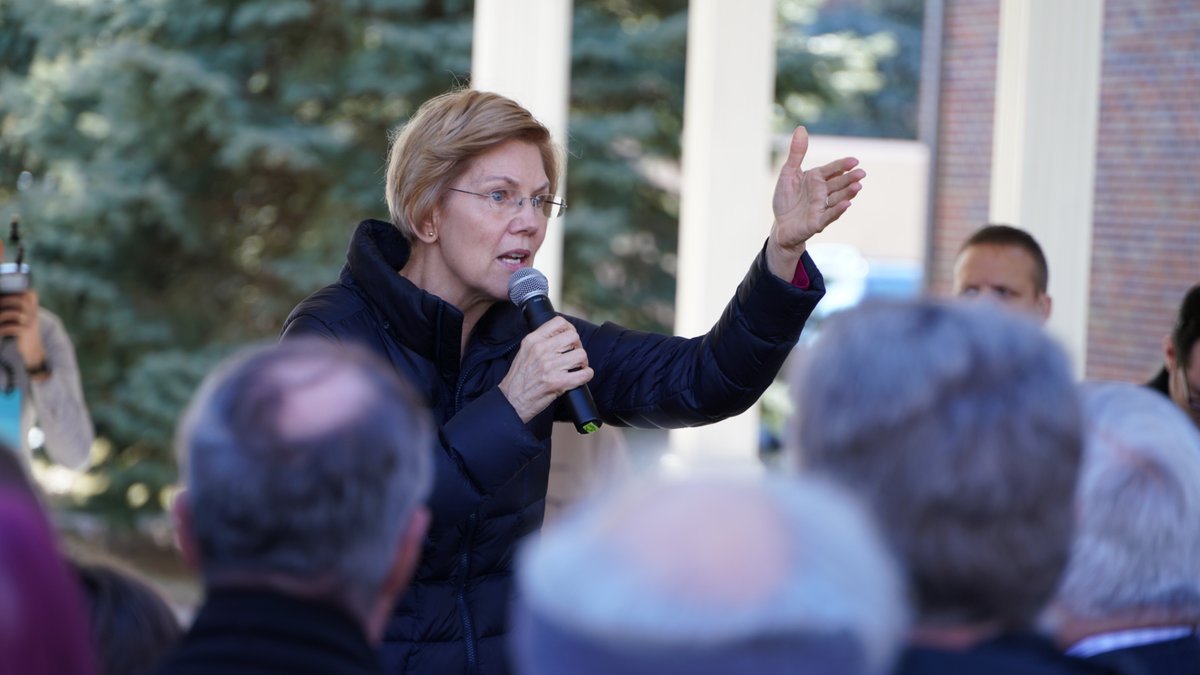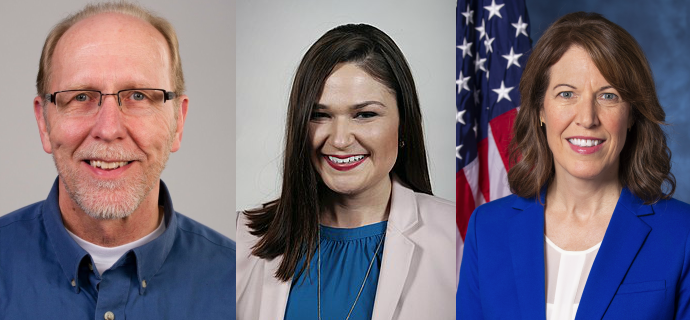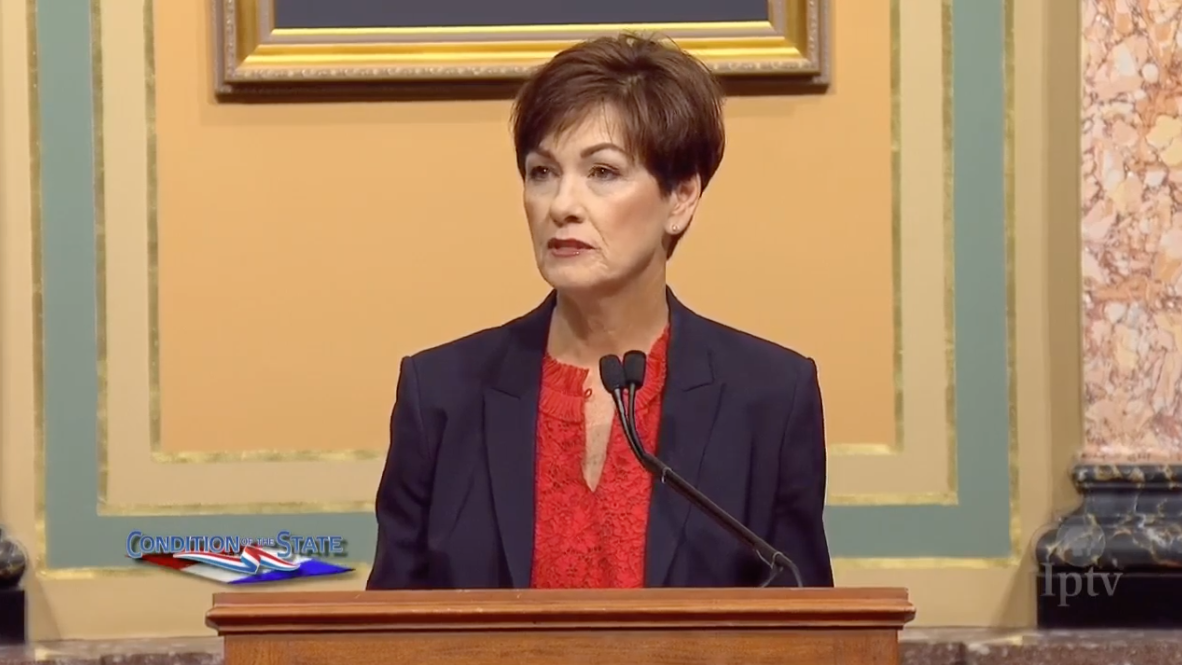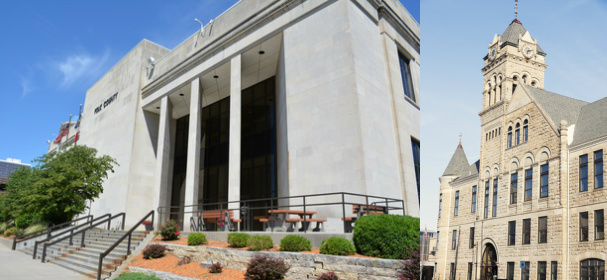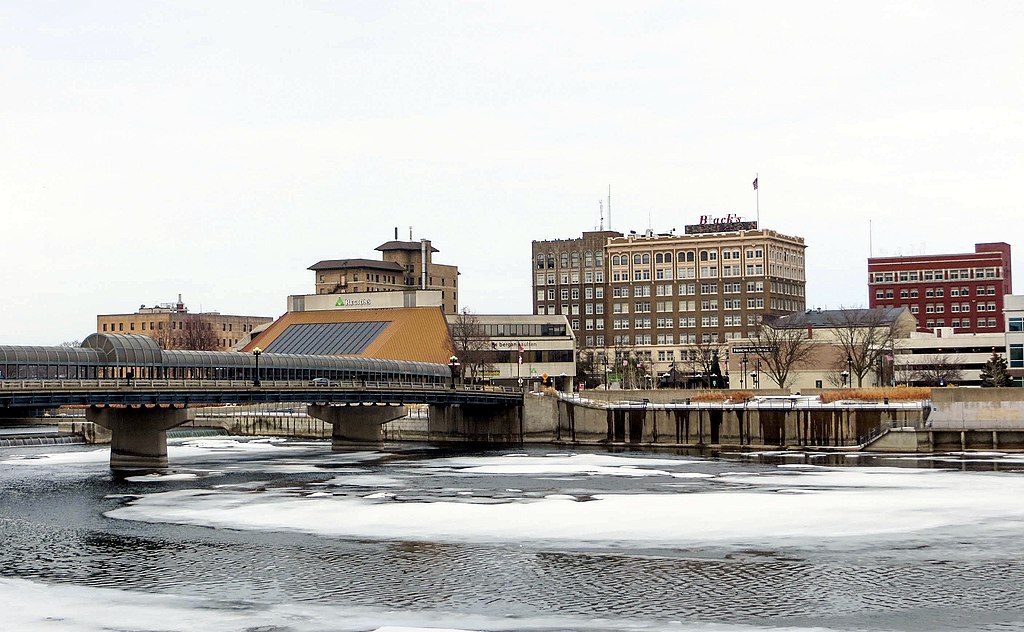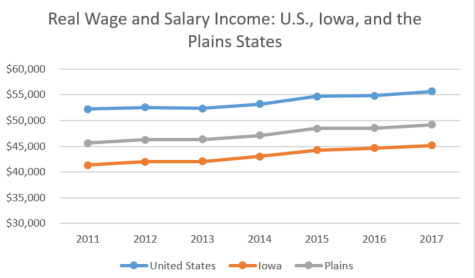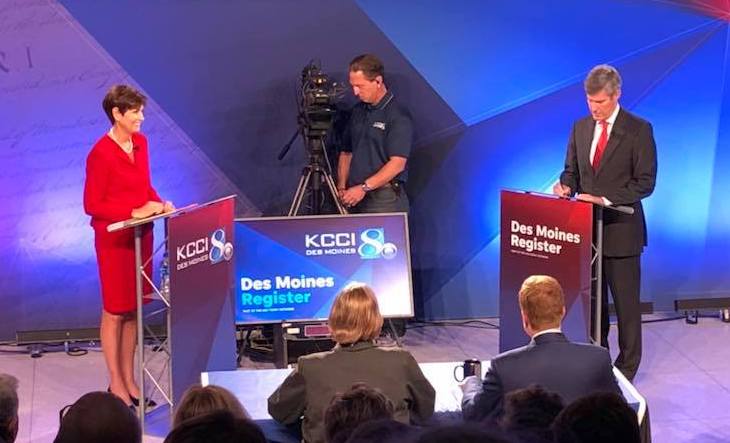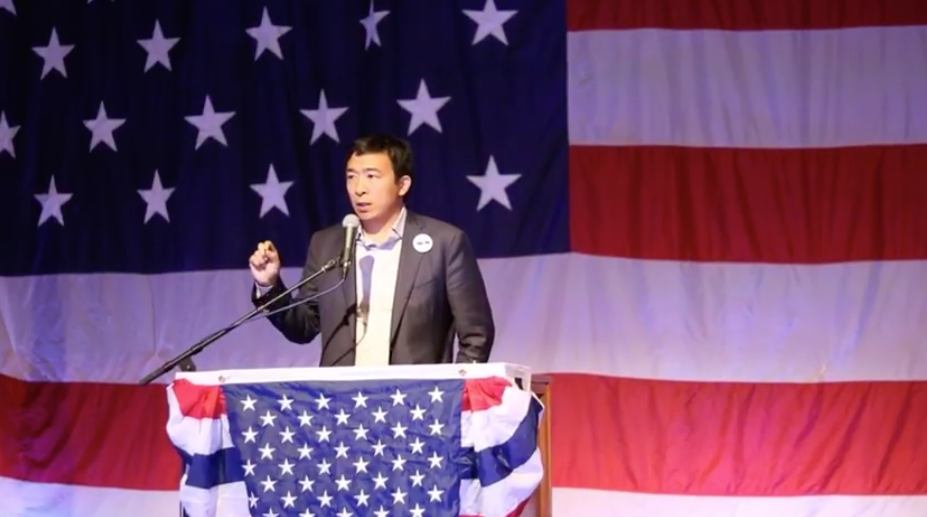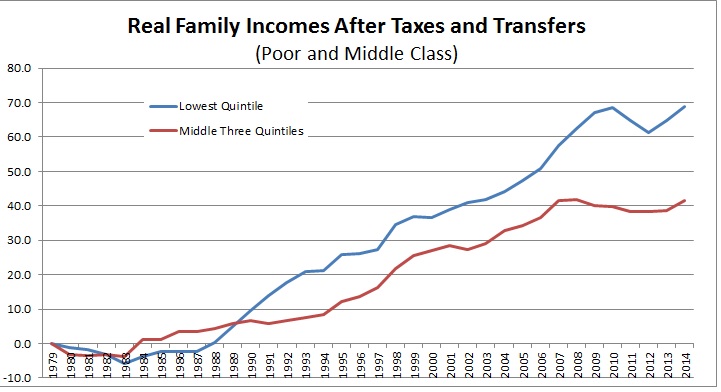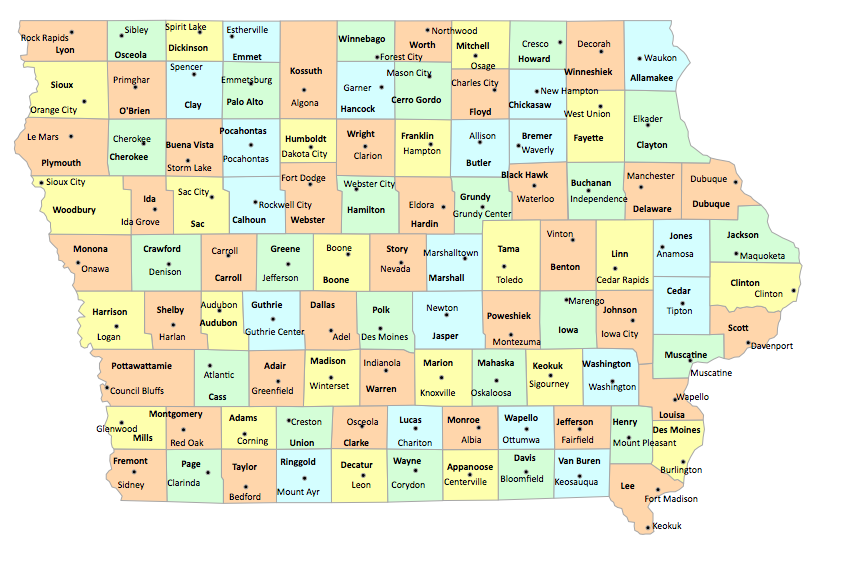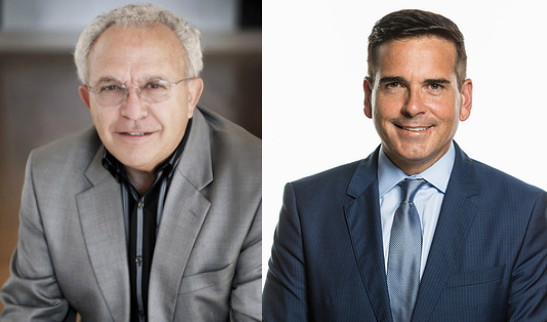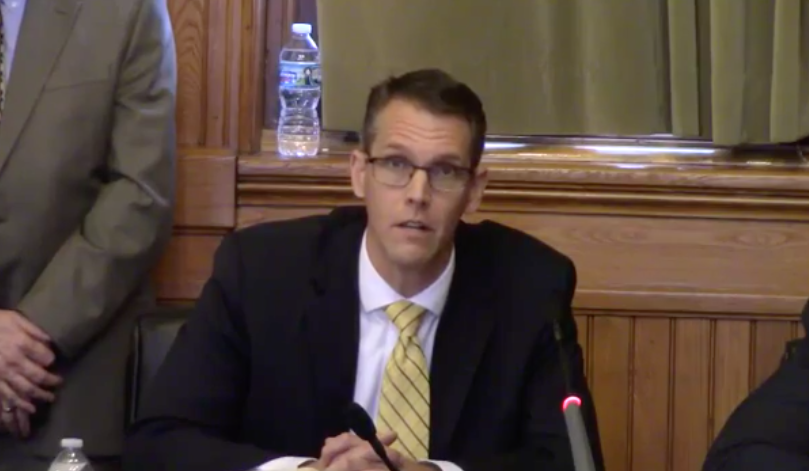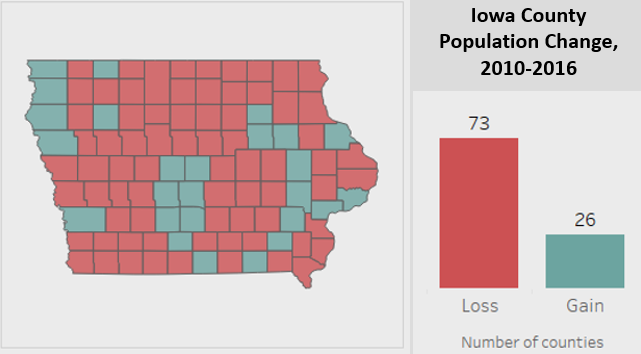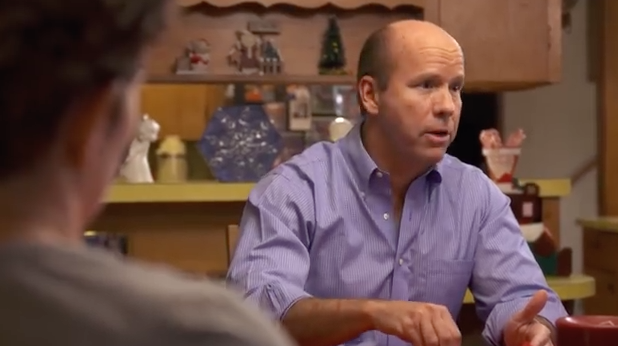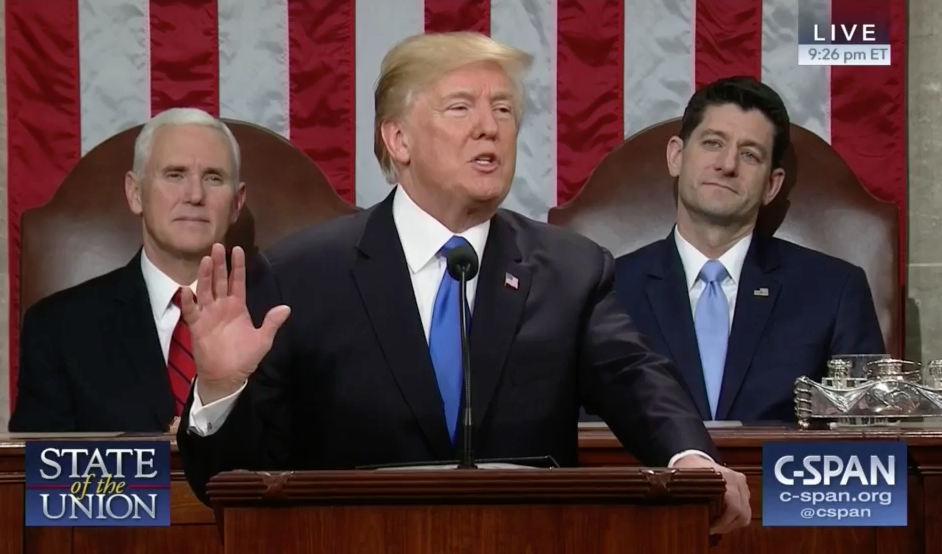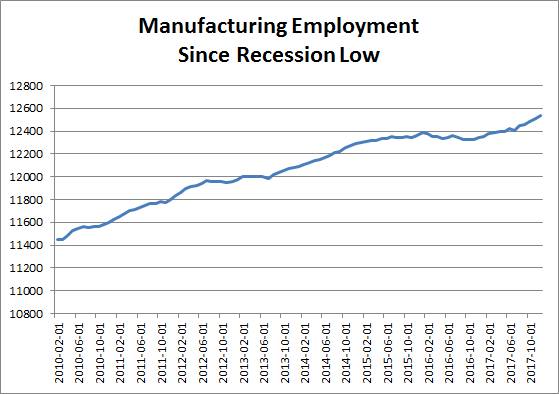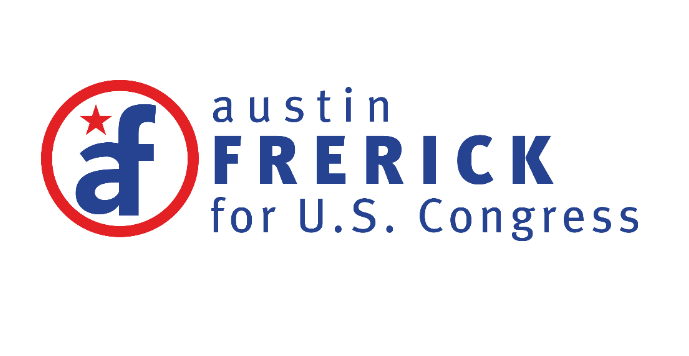Guest author Dan Guild has closely followed American presidential polling and elections for decades. -promoted by desmoinesdem
Consider three quotes: “It’s the economy, stupid”–James Carville, 1992
“Events dear boy, events”–Attributed to British Prime Minister Harold Macmillan
“That the prince must consider, as has been in part said before, how to avoid those things which will make him hated or contemptible… It makes him hated above all things, as I have said, to be rapacious, and to be a violator of the property and women of his subjects, from both of which he must abstain.”–Machiavelli, The Prince, 1513
I cannot prove Machiavelli had Donald Trump in mind when he wrote those words 500 years ago. But the polling is consistent (we will explore it in a later post) – after his first year Trump is one of the most hated politicians in American history.
This was true on election day in 2016, when only 38 percent had a favorable impression of him, the lowest rating any major presidential candidate has received since exit polling began. He did not get the typical boost most presidents get after being elected. His numbers have not improved despite what by some indications is a good economy. In fact, about 75 percent of polls taken since May 2017 find his approval rating within 3 points of his favorable rating in the election day exit.
So the question must be asked: can anything change the public’s impression of Donald Trump?
Continue Reading...

